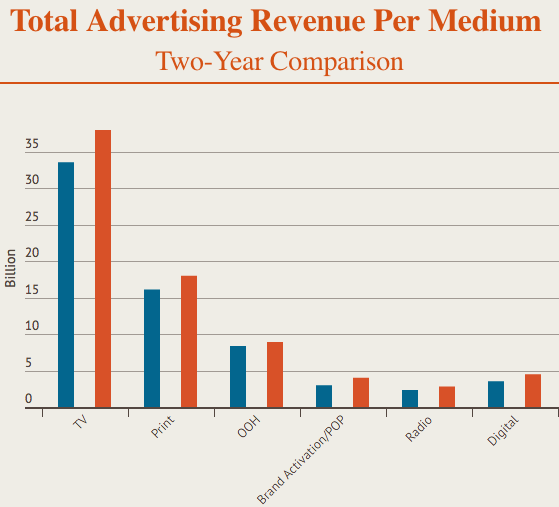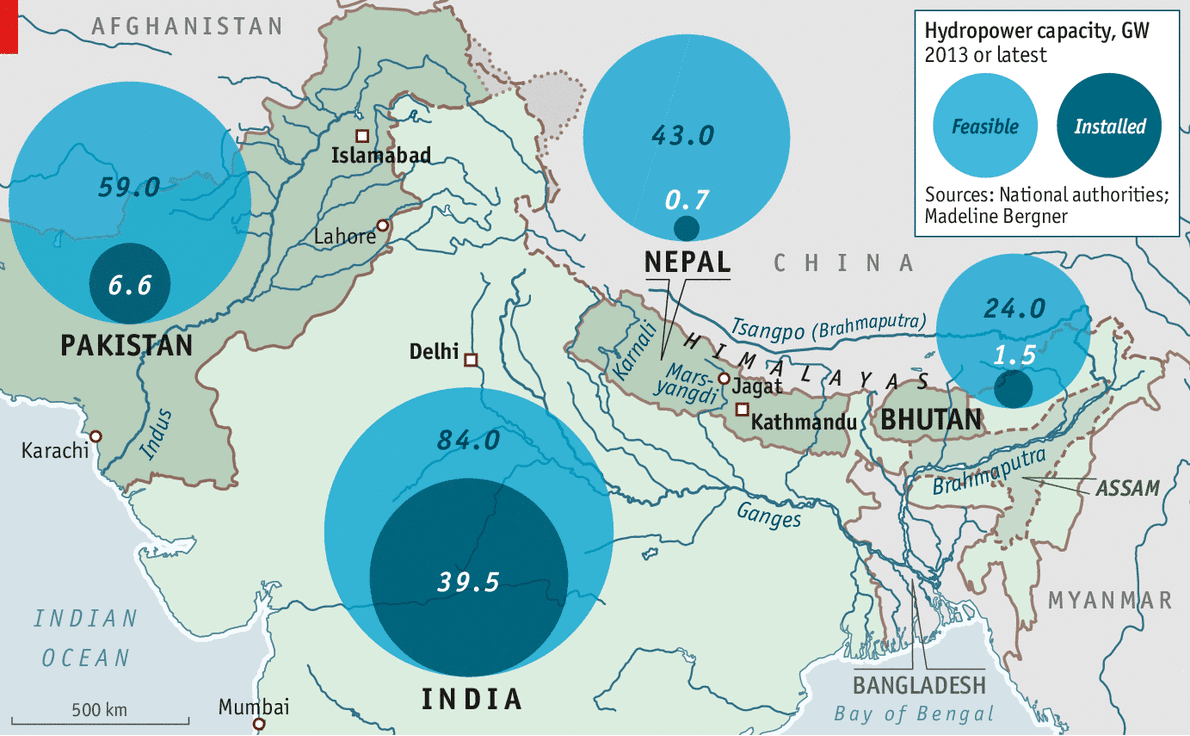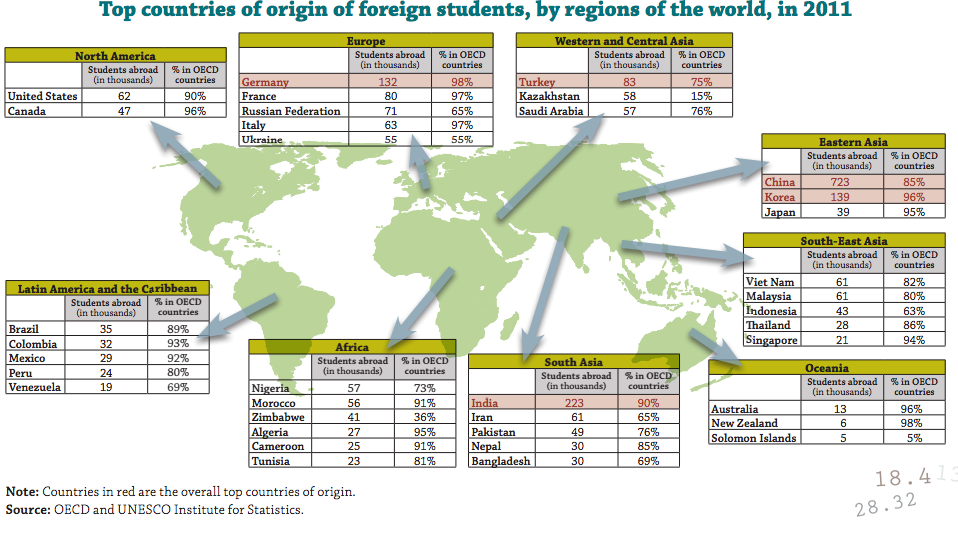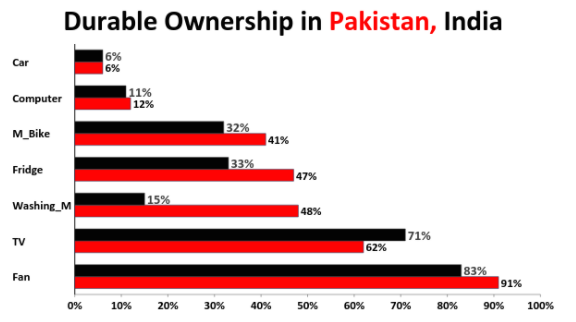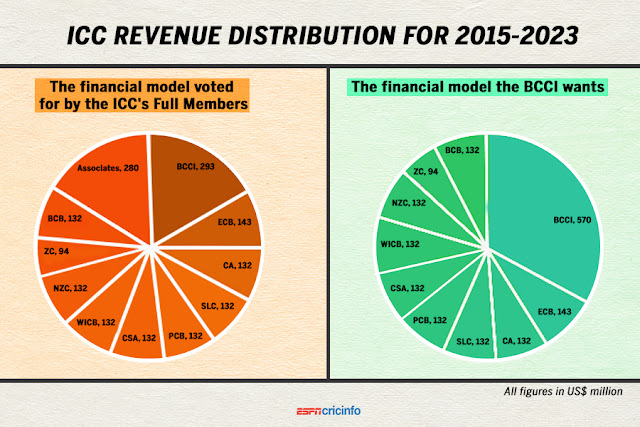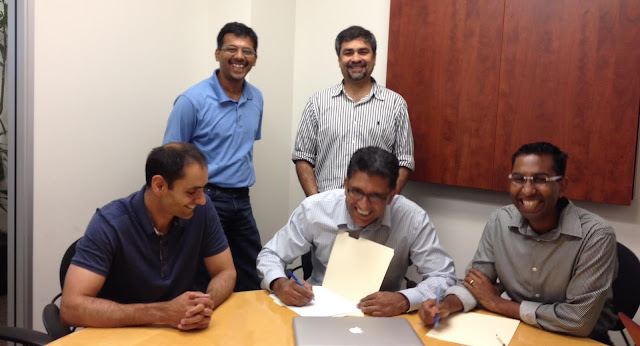Ramzan; Pakistan Economic Survey; Indian IT Job Losses; Trump's Foreign Tour

What is Ramadan all about? Is it only about abstaining from food and drink in the daylight hours? What is the key message for this Ramzan ? Isn't respecting Huqooq-ul-Ibad (human rights of others) as important as observing Huqooq-ul-Allah (Duties to Allah such as prayer and fasting) for each Muslim? What must Muslims do this Ramzan to fulfill all of their obligations to Allah and His creation? What does the Economic Survey of Pakistan say about Pakistan's GDP, per capita income, infrastructure development, education and other important indicators? What must Pakistani leaders do to ensure greater focus on and investment in education and not just in infrastructure ? What is the size of and the key priorities in Pakistan's budget for 2017-18? Should some of the $20 billion (out of the $50 billion budget) for infrastructure be allocated to education to boost Pakistan's stagnant literacy and school enrollment rates? Why is India losing IT jobs at a rate of 200,000


